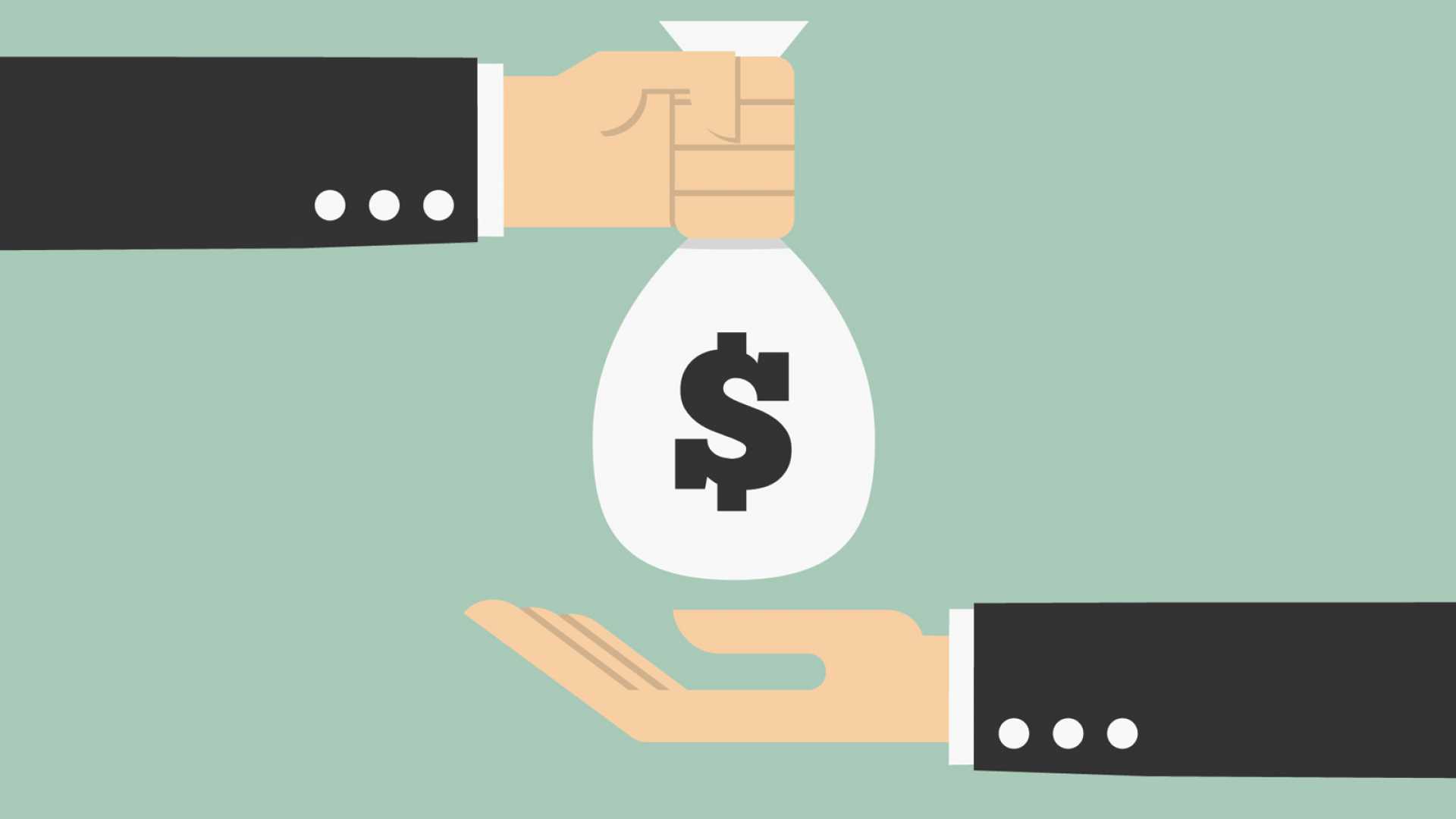The Ultimate Guide to Understanding Pre Approval Student Loans
Wiki Article
The Duty of Credit History in Protecting Small Company Loans for Business Owners
In the competitive landscape of entrepreneurship, safeguarding a small service lending usually hinges on the essential variable of credit rating scores. A higher credit history score can open up doors to positive funding conditions, while a lower score might offer significant obstacles.Recognizing Credit History Scores
Credit history are important mathematical representations of a person's creditworthiness, acting as a crucial element in monetary decision-making for lenders. These ratings are originated from a thorough evaluation of an individual's credit rating, encompassing facets such as payment background, credit scores usage, size of credit report, new charge account, and kinds of credit history made use of. Generally ranging from 300 to 850, greater scores symbolize lower threat to lending institutions, while reduced ratings indicate higher danger.The estimation of credit rating is accomplished by credit score bureaus using proprietary algorithms, with one of the most commonly recognized versions being FICO and VantageScore. Each model may weigh factors slightly in a different way, but they all goal to supply a regular step of credit scores risk. A solid credit report reflects the person's dependability in handling financial debt, making prompt payments, and maintaining a healthy and balanced balance in between credit used and available credit rating.
It is essential for people and organization owners to recognize their credit rating, as these figures can have far-ranging effects past personal financing. Routinely monitoring one's credit report, dealing with mistakes, and taking on sound economic practices can substantially improve credit history, therefore boosting the person's total financial profile and creditworthiness.
Significance for Finance Approval
Recognizing one's credit report score is foundational, as it plays a substantial function in the process of loan authorization for tiny services. Lenders use credit report ratings as a key metric to assess the credit reliability of applicants.In contrast, a reduced credit history score may indicate possible danger, leading lenders to either decline the funding application or impose stricter problems. This makes it essential for entrepreneurs to be knowledgeable about their credit standing, as it directly affects their capacity to access funding. Debt scores offer as a standard step that allows lending institutions to improve their decision-making procedure, making certain efficiency and consistency. As local business frequently need prompt accessibility to funds for development and sustainability, maintaining a durable credit history comes to be important. Therefore, understanding and taking care of one's credit rating is an important part of planning for lending applications and accomplishing company success.
Variables Influencing Ratings
A number of factors contribute to the determination of a credit report score, each playing a pivotal duty fit an individual's credit history profile. Amongst these, payment background stands apart as the most prominent, showing the timeliness and consistency of financial obligation settlements. Lenders carefully inspect this aspect to assess economic integrity. The amounts owed, or credit score application, substantially impact ratings. A high ratio of utilized credit scores to offered credit can suggest financial overextension, negatively affecting creditworthiness.Size of credit rating additionally factors into credit scores rating calculations, with a much longer credit report usually seen more positively. This metric offers insight into the individual's long-lasting economic habits, using lending institutions a broader perspective on their debt monitoring skills. Additionally, the kinds of credit report in operation are taken into consideration, as a mix of debt accounts, such as revolving bank card and installment loans, can demonstrate the capacity to take care of different financial responsibilities.
Last but not least, recent credit rating questions might affect scores (pre approval student loans). Regular applications for brand-new credit report can suggest economic distress, thus negatively impacting the score. Each of these components is crucial in the thorough examination of a credit report, influencing a business owner's capacity to secure a bank loan
Improving Your Credit Report Rating
Enhancing one's credit history rating is comparable to supporting a garden; cautious focus to key locations can produce considerable renovations. Payment background makes up a considerable part of a credit rating; hence, setting up automated payments or reminders can help keep uniformity. High debt use proportions, or the amount of credit history made use of family member to the credit scores limitation, can negatively affect he has a good point scores.

Last but not least, keeping older charge account can positively affect the typical age of credit scores, which is one more consider racking up designs. While new credit history questions ought to be decreased to prevent temporary score dips, accountable credit report monitoring gradually will naturally cause rack up renovation, thus boosting qualification for beneficial tiny business lending terms.
Different Financing Alternatives
Navigating the world of small company financing frequently needs checking out different options past conventional small business loan. Business owners with less-than-ideal credit report might find these alternatives not just extra easily accessible however additionally tailored to their distinct business requirements. Amongst website link one of the most preferred choices are on the internet loan providers, which have multiplied recently. These platforms typically provide much faster approval procedures and even more flexible terms than conventional financial institutions, typically thinking about factors beyond credit history, such as service performance and capital.One more practical choice includes crowdfunding, where business owners can raise capital from a big pool of little financiers via platforms like Kickstarter or Indiegogo. This approach not only supplies funds however also confirms service ideas through straight engagement with potential customers. In addition, microloans, commonly provided by nonprofit organizations, deal with local business and startups. They offer smaller finance amounts with reduced rates of interest, making them ideal for entrepreneurs that need limited funding.
Billing funding and vendor cash loan are also worth taking into consideration. The previous entails offering impressive invoices look at more info to a loan provider at a discount, while the latter gives a bear down future sales. Both choices can improve capital without the rigid credit score needs of conventional fundings.
Conclusion

These scores are derived from an extensive evaluation of an individual's credit rating history, encompassing facets such as settlement history, debt utilization, size of debt background, brand-new credit scores accounts, and types of debt used (pre approval student loans). A strong credit report score mirrors the individual's integrity in handling debt, making prompt settlements, and keeping a healthy and balanced equilibrium between credit scores used and available debt

Report this wiki page